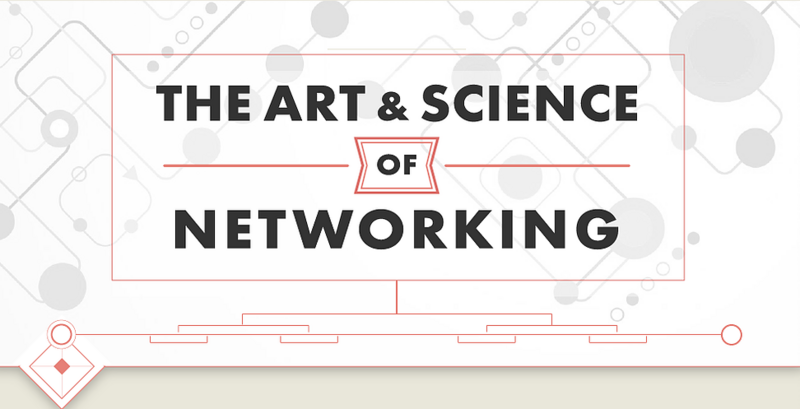ATD Blog
Understanding the Value of Networking for Job and Career Development
Mon Apr 30 2018

Bookmark
All too often, there’s an emphasis on quantity over quality when it comes to your professional network. People like to compare things, such as how many business cards they handed out at the last conference or how many connections they made on LinkedIn last month. Meeting people and making connections is great, don’t get me wrong; but it’s what you do with those connections that really counts. To make networking work for the growth and development of both yourself and your career, you have to build sustainable relationships instead of just adding to your number of connections.
Building a strong network can help you get ahead in your career in more ways than one. The most obvious way networking helps build your career is that most people look to their networks first when hiring or looking for contractors or consultants. In fact, 57 percent of jobs are filled through a networking contact, and employee referrals and networking sites are two of the top ways companies report finding candidates to fill open positions. The reason for this is simple: there’s a much greater employee retention rate for employees who were hired as a result of networking—eight years on average with a referral, as opposed to four years without. You can expect to earn about 6 percent more when you are hired as a result of a referral, as well.
Networking also helps you to develop yourself professionally. When you take the time to reach out and find a mentor within your workplace, you are more likely to stay five years or more at your job. It’s also a signal to your employers that you have greater psychological and emotional health, which is going to put advancement opportunities in your path. Building and maintaining a strong network within your company gives you stronger collaborative skills and greater creativity, inspires new ways of thinking, and increases your chances of learning something new. Having a strong network in your personal life can also lead to major health benefits—likely by keeping your mind healthy and active.
There are three main types of networking that you will be engaging in to build your career:
● Operational networking involves building relationships with people you do business with on a regular basis, from suppliers to colleagues.
● Personal networking helps you find support when you go through rough patches in your career and personal life.
● Strategic networking happens when you target someone who would add a specific benefit to your network.
LinkedIn is a great place to do a lot of the legwork of all types of networking. As a social media platform for professionals, LinkedIn helps you keep up with what everyone in your network is doing and provides a forum to discuss important business ideas and develop yourself professionally by learning about things outside your regular role. LinkedIn is no longer just an online resume site; you get out of it what you put into it.
Learn more about the art and science of networking from this infographic!
Source: NetWorkWise
More from ATD

